You’re an indie author, which means you’re also a consumer.
It’s hard to drive anywhere without seeing the golden arches looming around one corner or another, isn’t it? Same for Starbucks, and the list goes on.
These stores have two things mastered: real estate and exposure. They go hand in hand.
The same is true for your book marketing. The more places you show up, the more likely your potential buyers will find you.
And that’s why it’s important to own and manage your author real estate, so let’s look at your options.
Author Website
I’m always surprised at how many indie authors still don’t have websites, or they have them but they’re flat out just poorly done.
Remember that everything is your resume.
So make sure that it’s doing the job you need it to. And what’s that? Well, it sort of depends on your overall goals. If you want to sell books then your site should reflect that.
If you have a business tied to your book and your book is your business card, then your site goals will be very different.
Whatever your book marketing goals, you should have a clean, easy to navigate website.
Want more advice on this? Then check out our post on building a perfect website here.
Amazon
Despite how important Amazon is, so many indie authors forget to maximize it as part of their book marketing approach.
I’m not talking about the back-end optimization and metadata (though that’s crucial). I’m talking about your book description, as well as any other enhancements you can do on the product page such as adding a note from the author, additional reviews that maybe didn’t make it into the actual review section, and maybe even an excerpt.
Despite the popularity of social media and the importance of your website, your Amazon page may be the key ingredient to selling more books. Use it wisely!
To help expand on this further, here’s a piece we did on maximizing your Amazon real estate. And of course I have a number of book promotion services that cater to Amazon as well, just contact us if you’d like a little push.
If you don’t have a website, a top-notch Amazon presence is an absolute must for bare minimum book marketing. Anything less makes you look like you don’t take yourself seriously.
Goodreads
If I’m recommending strategies to authors, Goodreads is always a given. I even include it as part of my book promotion services because I feel so strongly that it needs to be used.
Why? Because it’s the biggest social media site specifically for authors and readers.
Yes, it gets a bad rap from a lot of indie authors because the reviewers are honest, they can even be cut-throat, but as opposed to hiding your head in the sand, take the challenge head on and get involved on the site.
Not only will this earn you some additional exposure, it will give potential readers an inside look into your personality, which should be one of your best sales tactics!
Goodreads is a solid plan C behind a website and Amazon in regards to where your time and attention is spent, because Goodreads is the dictionary definition of target market if you’re an author, especially if you write fiction or your primary audience is women.
Social Media
Like any social media platform, it has to be right for you.
If you aren’t sure where your fans are socially, then you’ll want to start off by doing a little research first. By doing a little online footwork, you can easily determine where your readers may reside.
First, do a Google search on your genre.
Search for authors who aren’t household names and still getting good search results.
Once you have five to ten authors start digging around on their websites and see where they are in social media. Remember that success leaves clues and if you aren’t sure what social media site to be on, a good way to start is by getting to know other/similar authors.
Facebook is still king because it’s the most used. You may hate it, but it’s not all about you, it’s about your buyer market.
If they’re mostly on Facebook, you should be too.
The trick with Facebook is that you must pay attention.
Twitter is quick blips of info and content, you can easily hop on and off all day. Instagram is very visual, and not a place for conversations.
On Facebook though, longer, super personal posts often do very well. People are more likely to comment and share on Facebook. Being superficial is a big no-no.
So while Facebook is usually the top of the list, just know it also requires a lot of attention if you want to get the big rewards.
For most authors, Twitter is a solid bet in terms of visibility. Mostly because it’s become such a powerful search engine.
If you can’t tweet every day, just a few times a week is fine.
But sharing other’s content, networking with similar authors, and pushing out helpful, fun, or inspiring tweets is a great way to build exposure and it’s super quick and easy on this platform.
Much like Twitter, Instagram is a bit of a given these days.
I really recommend having a presence there if your topic is fun, sexy, sweet or just plain old warm and fuzzy.
Even business authors with tips do really well there!
Instagram loves everything funny, heartwarming, inspirational, educational or pleasurable. It’s not super political or news heavy, which makes it a great escape, and I believe that’s played a huge role in its growth.
Just remember since it’s image driven. Your images need to be sharp, clear, colorful and relevant to whatever it is you’re sharing.
Video, Facebook Live and YouTube
It’s hard to not log onto social media and not see video feeds. This is because video is a massive attention-getter.
Whether it’s a book trailer, a Facebook Live event, or an Instagram Boomerang. Doing something with video should be part of your indie author real estate.
But remember, as with anything, it’s quality over quantity. Don’t just throw crappy videos up there that make you look like an amateur.
Sure, you don’t have to be a movie production pro, but remember, you’re building your brand so like everything else, put some time and effort into it.
The Takeaway
Author real estate is important, but don’t think because all of these sites and ideas were mentioned that you must do all of them.
Do what you can, and do it well, and leave the rest. You never want to have social media sites out there that you’ve abandoned, that doesn’t bode well for your book marketing efforts at all. Why? It looks like you’ve abandoned your own message.
You’re better off being active and engaged in a few key ways, than only involved in a very minor way using all the strategies available to you.
I know as an indie author you feel like your homework is never-ending – and that’s the truth.
So consider what you can and can’t take on yourself. Contact some professionals about their book promotion services and ask them to make recommendations based on your needs.
For example, I do really inexpensive assessments that are structured to pinpoint holes in your book marketing approach. All the feedback I’ve gotten has been really positive.
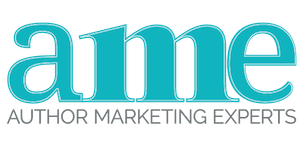
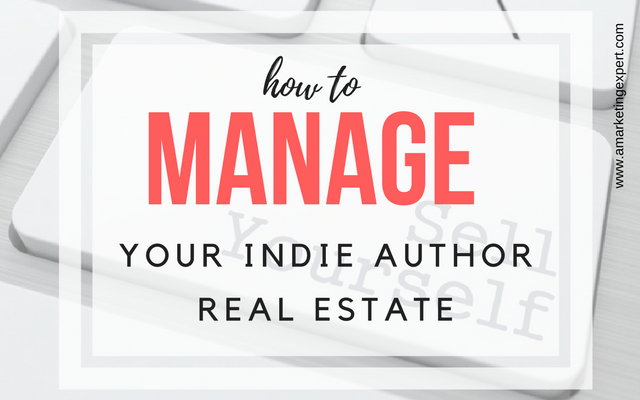
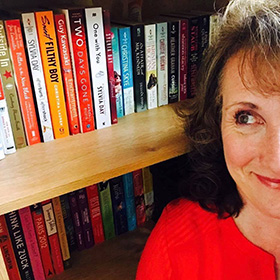
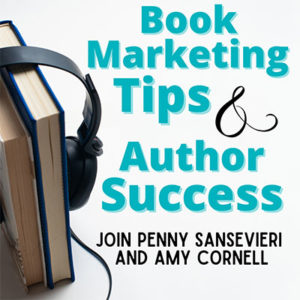
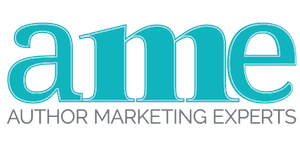
Thank you very much! An amazing read on setting up indie author websites.
You’re very welcome, Catherine!